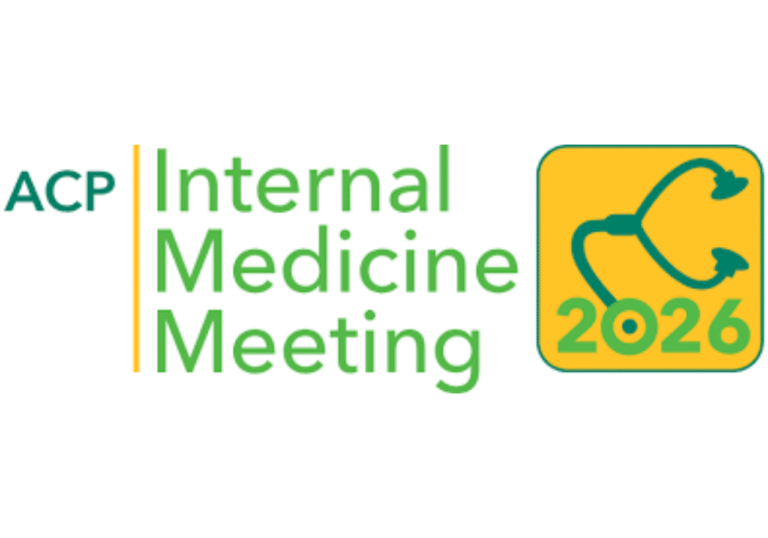In September 2025, at a White House press event, former President Donald Trump made headlines by claiming that Tylenol (acetaminophen) use during pregnancy causes autism, advising pregnant women to avoid taking it. He also hinted at revising FDA labeling and endorsed leucovorin (folinic acid) as a treatment for autism—moves many experts say lack credible evidence.
Across the medical and scientific community, his claims drew swift and strong pushback. The consensus: there is no robust evidence that acetaminophen causes autism.
What Trump Claimed & What He’s Proposing
Trump urged pregnant women not to take Tylenol and questioned its use in infants, alleging a connection with autism. He suggested updating FDA labeling to discourage acetaminophen use during pregnancy, and he promoted leucovorin therapy for autism symptoms—an idea with only very limited, preliminary evidence. His administration also resurfaced old Tylenol-related posts to frame the issue as “mounting evidence.”
In short: strong claims, but very weak scientific support.
What the Science Actually Shows
Observational Studies & Meta-Analyses
Some past studies have reported associations between prenatal acetaminophen exposure and neurodevelopmental outcomes, including autism or ADHD. However, association does not equal causation. Many of these studies are limited by confounding factors—for example, the reason the mother took acetaminophen (such as fever or inflammation) could itself affect neurodevelopment.
More rigorous approaches, like sibling-comparison studies that control for genetics and family environment, tend to show no significant link. A large Swedish registry study of 2.4 million children found that when comparing siblings, the association disappeared.
Responses from Scientific & Health Authorities
The Autism Science Foundation stated that claims of acetaminophen causing autism are premature and inconsistent with existing data. The World Health Organization (WHO) reaffirmed that no consistent, credible evidence supports a causal link. Many medical professionals emphasized that acetaminophen, when used responsibly in pregnancy, remains one of the safer options for pain and fever relief.
Experts also noted that Trump’s statements oversimplify autism, which arises from a complex interplay of genetic and environmental factors—not a single cause.
Risks of Spreading Misinformation
-
Undermining safe care in pregnancy: Avoiding acetaminophen entirely could leave pregnant women with untreated fever or pain, which may pose greater risks to both mother and child.
-
Fueling fear and guilt: Parents—especially mothers—may feel unnecessary blame, believing that using Tylenol “caused” their child’s autism.
-
Distracting from real science: Public focus shifts from rigorous research on autism’s multifactorial causes to sensational narratives, eroding trust in medical institutions.
-
Undermining legitimate research: When careful studies are lumped in with overblown claims, scientists may hesitate to publish or engage, fearing politicization.
What We Should Do Instead
-
Encourage balanced, evidence-based guidance: pregnant women should not dismiss acetaminophen out of fear, but should use it under medical supervision and at the lowest effective dose.
-
Support rigorous research into prenatal exposures, neurodevelopment, and autism.
-
Promote clear communication that distinguishes between “association” and “causation.”
-
Resist politicizing health topics—medication guidance should rest on medical consensus and patient safety.
Conclusion
Donald Trump’s recent statements blaming Tylenol for autism may have generated headlines, but they lack firm scientific grounding. Current research does not support a causal link, and more robust analyses largely weaken or refute any suggested connection.
Misinformation in maternal and child health is dangerous. Protecting patients requires a public discourse rooted in peer-reviewed science, not fear-based rhetoric.











